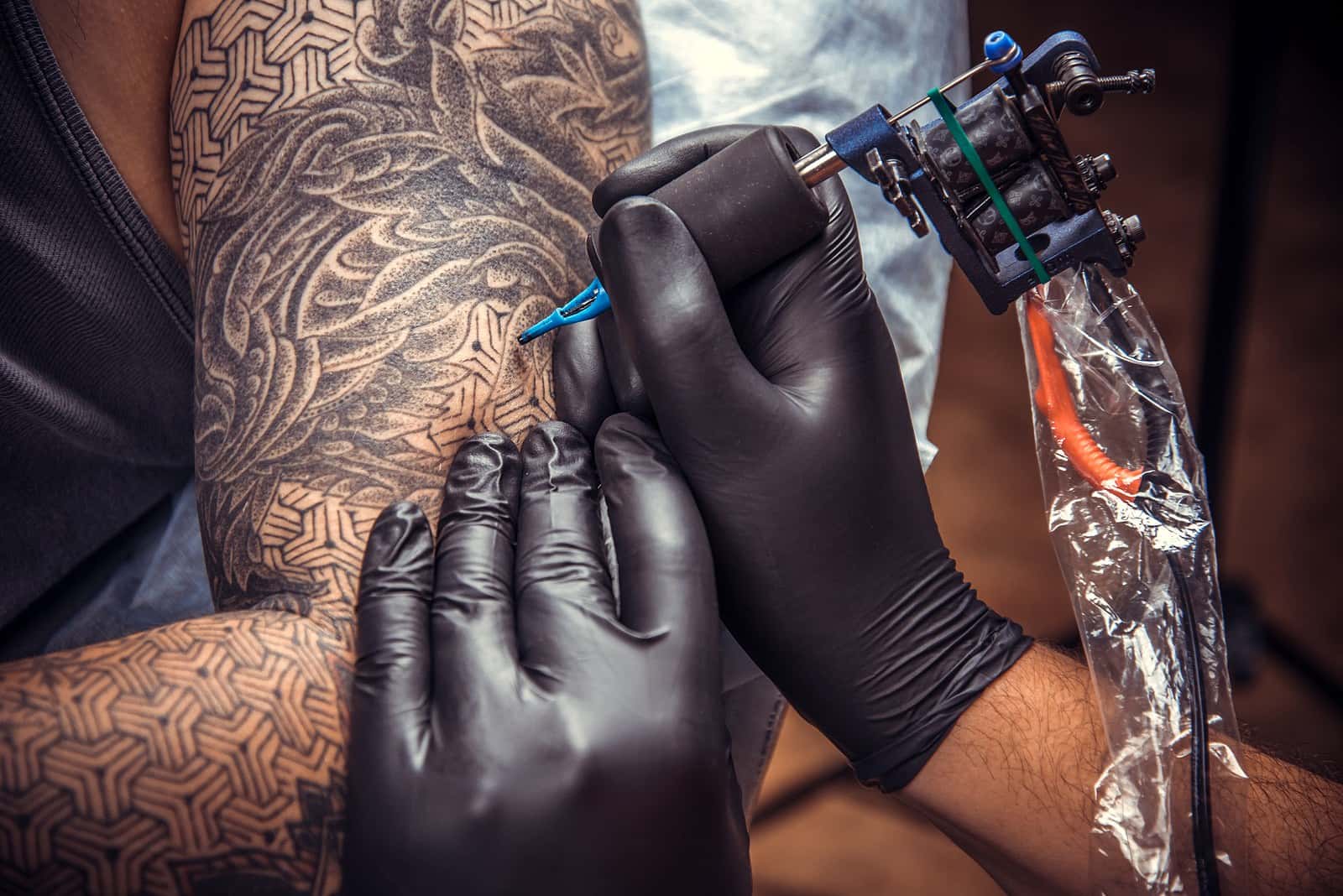
Tattoos have become a popular fashion statement. It is estimated that about 20% of Swedes and 30% of American adults now have tattoos. This body art makes an esthetic statement and often conveys explicit values statements as well. However, the wide range of pigments used in tattoos have not been studied thoroughly. Could tattoos increase the risk for certain conditions such as cancer? A new study in the prestigious Proceedings of the National Academy of Sciences (PNAS, November 25, 2025) reports that tattoos induce inflammation in the draining lymph nodes.
Health Effects of Tattoos:
Tattooing dates back thousands of years. Historically, body art served a variety of purposes from religious to healing ceremonies or rites of passage or as an indicator of group identity. In recent years, social media and celebrity influencers have popularized tattoos for millions. But are they safe?
Scientists have only recently begun to study the health effects of long-term exposure to tattooing. Some tattoo inks contain carcinogenic chemicals, and the immune reaction to tattoos frequently moves these compounds from the skin into the lymph nodes.
The PNAS study:
“…characterized the immune responses to the tattoo ink accumulating in the lymph nodes (LNs).”
The authors note that:
“Tattooing has become widespread, particularly for young people. According to the latest studies, it is estimated that globally, almost one out of five individuals have tattoos, with the United States having the highest prevalence with more than 30% of tattooed individuals.
“Despite the increasing prevalence of tattooing, the regulation of tattoo inks is less stringent than that of the pharmaceutical industry or other products intended for human use. Even though toxicological data may be available for some ink ingredients (7), studies on in vivo interactions of the ink components and their fate within the body are rare. The lack of comprehensive regulations has prompted the identification of risks associated with tattooing and the development of specific information to ensure that individuals can make informed decisions before undergoing this procedure.”
The Italian researchers wanted to know if tattoos induce inflammation:
The investigators studied the biological reaction to tattoo ink in humans and mice. The dyes that are used accumulate in the lymph nodes and appear to trigger long-term inflammation. The pigments can also be found in the spleen, liver and kidneys.
This study looked at the impact of tattoo dyes on the immune system. The researchers found that following tattooing, the macrophages were less capable of responding to a number of viruses. The COVID-19 vaccine appears to be less effective for tattooed individuals. The authors call for long-term research into the health effects of tattoos, including the risk of cancer.
Tattoos Induce Inflammation and May Increase the Risk for Cancer:
The Swedish Research Council funded a large case-control study (eClinical Medicine, The Lancet, June 2024). It involved nearly 12,000 individuals, including both those with malignant lymphoma and healthy people matched for age and sex. Twenty-one percent of those with lymphomas had tattoos, compared to 18 percent of the control subjects.
Tattoos and Cancer:
The investigators reported that people with tattoos were 21% more likely to have malignant lymphoma. According to the statistical analysis, the risk of lymphoma was higher within a few years of the first tattoo. Although the researchers did not detect an increased risk in the mid-term, people who had gotten tattoos more than a decade earlier also had a higher risk of lymphoma (about 19%). The amount of skin covered in tattoos did not seem to affect the risk.
Diffuse B-cell lymphoma showed the strongest association. According to these epidemiologists, the study does not establish causation.
However, they note that it
“underscores the importance of regulatory measures to control the chemical composition of tattoo ink.”
In summary, they conclude,
“Our findings suggested that tattoo exposure was associated with an increased risk of malignant lymphoma. More epidemiologic research is urgently needed to establish causality.”
Final Words:
What we now know is that tattoos induce inflammation. Chronic inflammation is not a good thing.
An Italian study from 2008 (Nature, July 24, 2008) notes that:
“…’smouldering’ inflammation in the tumour microenvironment has many tumour-promoting effects. It aids in the proliferation and survival of malignant cells, promotes angiogenesis and metastasis, subverts adaptive immune responses, and alters responses to hormones and chemotherapeutic agents.”
Tattoo ink is a complex concoction of chemicals: dyes and pigments, solvents, additives, preservatives, and various impurities. Although the FDA regulates tattoos as cosmetics, it is the states and local health authorities that actually oversee tattoo practice. That can be highly variable.
According to the FDA:
“More than fifty different pigments and shades are in use, and the list continues to grow. Although a number of color additives are approved for use in cosmetics, none is approved for injection into the skin. Using an unapproved color additive in a tattoo ink makes the ink adulterated. Many pigments used in tattoo inks are not approved for skin contact at all. Some are industrial grade colors that are suitable for printers’ ink or automobile paint.”
Please share your own experience with tattooing in the comment section below. If you have experienced no adverse reactions we would love to hear from you. If you think you have had side effects from a tattoo, please share your story in the comment section below.
Citations
- Nielsen C et al, "Tattoos as a risk factor for malignant lymphoma: a population-based case–control study." eClinical Medicine, The Lancet, June 2024. DOI:https://doi.org/10.1016/j.eclinm.2024.102649
- Capucetti, A., et al, "Tattoo ink induces inflammation in the draining lymph node and alters the immune response to vaccination," PNAS, Nov. 25, 2025, https://doi.org/10.1073/pnas.2510392122

